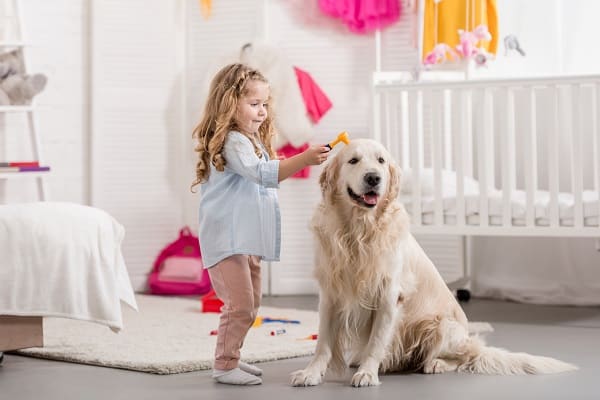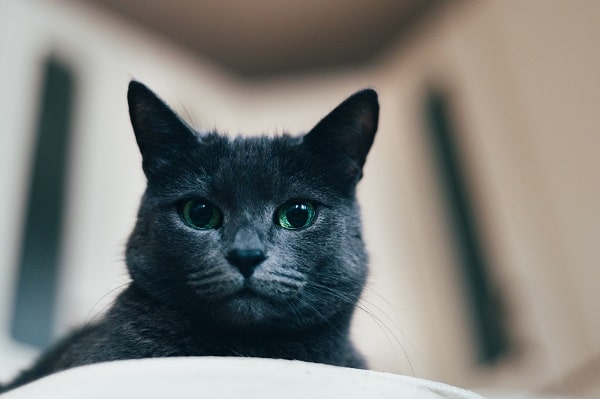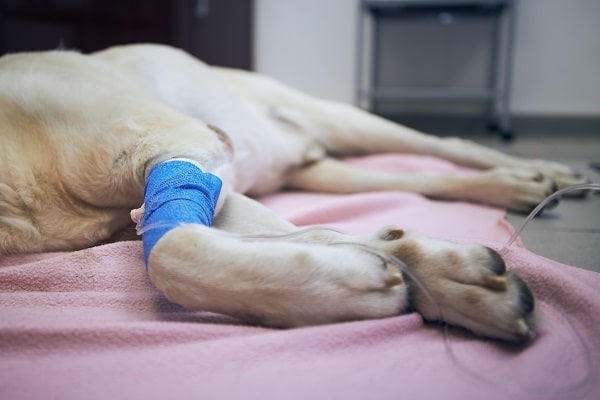If you’re a pet owner, it’s important to think about vaccinating your pet against diseases. Vaccines help protect animals from serious illnesses, and they are required by law in some states. If you are unsure about vaccinations or just want to learn more, this article will discuss the importance of vaccinating your pet and provide information on which vaccines are needed. It will also talk about how to find a qualified veterinarian to administer vaccines and what to do if your pet experiences any side effects after getting a vaccine.
Why You Should Consider Vaccinating Your Pet

Regarding your pet’s health, there are many factors to consider. Vaccinations are one important way to help protect your furry friend from disease. While some vaccines are required by law, others are recommended based on your pet’s lifestyle and risk factors. For example, if your dog spends a lot of time outdoors, it may be at higher risk for certain diseases, such as rabies.
In addition to preventing disease, vaccinating your pet can also help to reduce the spread of illness among animals. By keeping your pet up-to-date on their vaccinations, you’re helping to keep them healthy and doing your part to create a healthier community for all animals. Furthermore, vaccinating your pet can save you money in the long run by preventing costly illnesses.
Common Vaccines Your Pet May Need
Depending on your pet’s species, age, and lifestyle, they may need different vaccines. Here are some of the most common vaccines that pets may need:
Rabies

Rabies is a serious disease that can be deadly for pets and humans. The good news is that it is preventable with vaccination. All dogs, cats, and ferrets should be vaccinated against rabies, and booster shots are needed every one to three years. If your pet is exposed to rabies, it must be quarantined for six months or euthanized. So, not only is vaccination important for the safety of your pet, but it also helps to protect you and your family. Talk to your veterinarian today about getting your pet vaccinated against rabies.
Canine Parvovirus (CPV)

Canine parvovirus, or CPV, is a highly contagious virus that can cause severe gastrointestinal illness in dogs. The CPV vaccine is a safe and effective way to protect dogs from this disease. The vaccine is typically given to puppies at around eight weeks of age, and then booster shots are given every three to four weeks until the puppy is 16 weeks old. After that, annual booster shots are recommended.
The CPV vaccine prevents the disease, but it is important to note that it does not provide 100% protection. However, the risk of contracting CPV is much lower for vaccinated dogs than for those who are not vaccinated.
Canine Distemper

Canine distemper is another highly contagious and often fatal disease that affects dogs of all ages. The virus that causes distemper is spread through the air and can easily infect unvaccinated dogs. Symptoms of the disease include fever, coughing, vomiting, diarrhea, and seizures. Unfortunately, there is no cure for canine distemper, and treatment focuses on relieving symptoms and supporting the dog’s immune system.
The best way to protect your dog from distemper is to ensure they are up-to-date on vaccines. The canine distemper vaccine is given in a series of shots, starting at around 6 weeks. The vaccine is safe and effective and is the best way to protect your dog from this deadly disease.
Feline Leukemia Virus (FeLV)

The feline leukemia virus (FeLV) is a serious viral infection that can cause a wide range of health problems in cats, including cancer. Although there is no cure for FeLV, there is a vaccine available that can help to protect cats from the virus. The FeLV vaccine is typically given to kittens as part of their initial vaccination series, and booster shots are usually recommended annually.
The vaccine is effective at preventing FeLV infection, but it is not 100% effective. For this reason, it is important to have your cat tested for FeLV before vaccinating and to talk to your veterinarian about the risks and benefits of the vaccine.
Feline Panleukopenia

Feline panleukopenia is a viral disease that affects cats of all ages. The virus is most commonly spread through contact with contaminated fecal matter, and it can quickly lead to severe dehydration, weight loss, and gastrointestinal issues. In kittens, the mortality rate can be as high as 90%. Fortunately, there is a vaccine available that can help to protect cats from this deadly disease.
The feline panleukopenia vaccine is typically given as a series of shots, starting at around eight weeks. The vaccine is highly effective and is generally considered safe for cats of all ages. However, as with any vaccine, there is always a small risk of side effects. If you are concerned about vaccinating your cat, talk to your veterinarian about the risks and benefits.
How to Find A Qualified Veterinarian

Vaccinations are an important part of preventative care for pets, and finding a qualified veterinarian is essential to ensure that your pet receives the best possible care. There are a few things to remember when searching for a qualified veterinarian. First, be sure to check their credentials and make sure that they are licensed to practice in your state.
Second, ask for recommendations from friends or family members who have pets. Finally, take the time to read reviews of potential veterinarians online. By taking these steps, you can be sure to find a qualified veterinarian who will provide excellent care for your pet.
Common Side Effects Of Vaccinating Your Pet

When you get your pet vaccinated, it’s important to be aware of the potential side effects. The most common side effect is a mild injection site reaction, which may include swelling, redness, and tenderness. This is usually resolved within a few days and does not require treatment. Other possible side effects include fever, lethargy, and reduced appetite. These are more likely to occur after the first vaccination and generally improve within a day or two.
If your pet experiences any severe reactions, such as difficulty breathing or swelling of the face or extremities, seek veterinary care immediately. While vaccine-related side effects are rare, they can be serious, so it’s important to be informed and prepared.
Vaccinating Your Pet Is Highly Recommended!
Vaccinations are an important part of preventative care for pets. They help to protect against deadly diseases and can improve your pet’s overall health. If you have any questions about vaccinating your pet, be sure to talk to your veterinarian. They can help you to make the best decision for your pet. And while vaccine-related side effects are rare, it’s important to be aware of the potential risks. By following these tips, you can help to ensure that your pet stays healthy and happy for years to come.